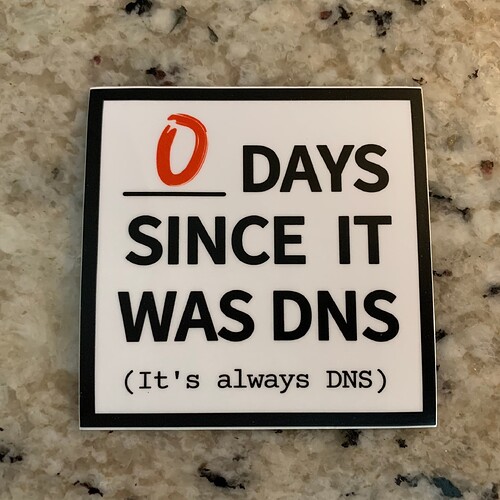I have a linux sytem ( Antix) in a VM ( qemu/KVM)
I have the following in /etc/exports
# /etc/exports: the access control list for filesystems which may be exported
# to NFS clients. See exports(5).
/home/nevj trinity(insecure,rw,sync,no_subtree_check,no_root_squash)
trinity is the hostname of the VM host .
It does not work
mount.nfs: mount(2): Permission denied
mount.nfs: trying text-based options 'addr=192.168.122.109'
mount.nfs: prog 100003, trying vers=3, prot=6
mount.nfs: portmap query retrying: RPC: Program not registered
mount.nfs: prog 100003, trying vers=3, prot=17
mount.nfs: portmap query failed: RPC: Program not registered
mount.nfs: access denied by server while mounting 192.168.122.109:/home/nevj
but , if I change /etc/exports to
/home/nevj *(insecure,rw,sync,no_subtree_check,no_root_squash)
which means that any nfs client system can access the filesystem
it works.
That is crazy. Why can I not export to a specific host from a VM.
If I do it in the other direction... ie export from the host system and access it from a VM with an NFS client, it works. I only need to
export to one specific VM system in that direction.
Why would an NFS server in a VM require exporting to everyone?
